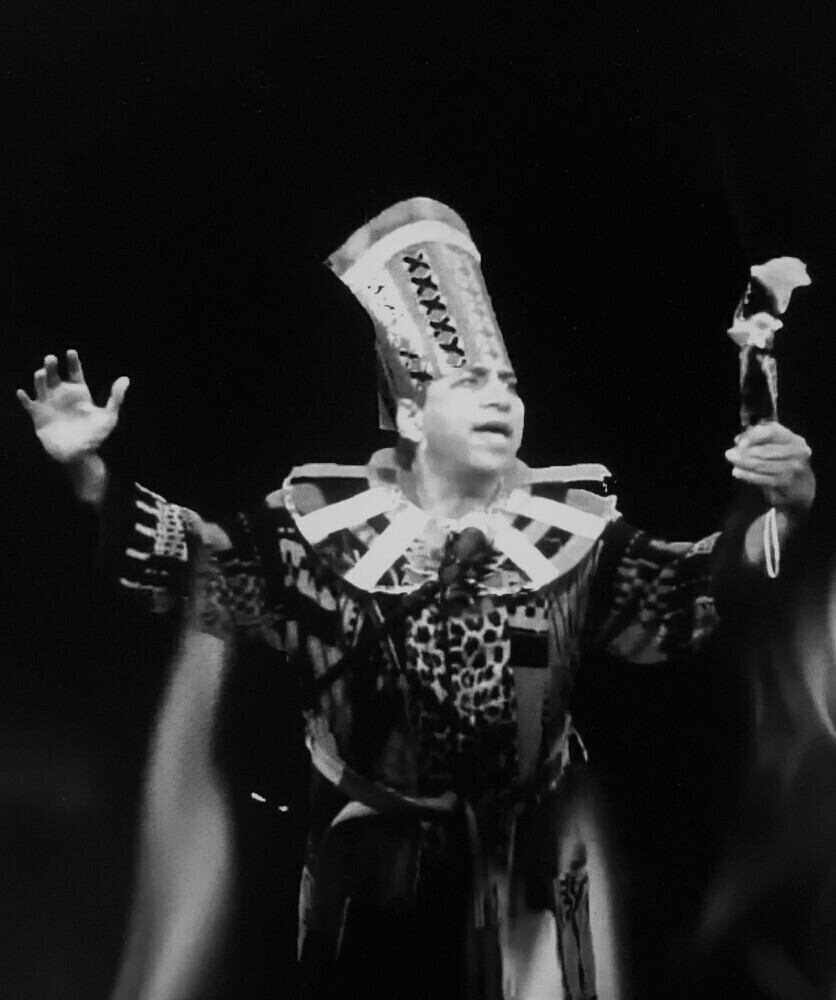
POETICS IN THE BURNING QUESTION
first performed on October 04, 2020
Green Kill
performed once in 2020
SAM TRUITT, MICHAEL RUBY
Brenda Coultas, Anne Gorrick, Christopher Funkhouser, Laura Hinton, Amy King, David Schell, Sparrow, Edwin Torres, Bruce Weber, Joanne Pagano Weber
Hudson Valley, NY
112293997p112293997u112293997b112293997l112293997i112293997s112293997h112293997e112293997r112293997s112293997@112293997s112293997t112293997a112293997t112293997i112293997o112293997n112293997h112293997i112293997l112293997l112293997.112293997o112293997r112293997g
jacket2.org/commentary/livestream
POETICS IN THE BURNING QUESTION
SAM TRUITT, MICHAEL RUBY
This livestream group performance sought to locate responses from Hudson Valley poets to the relationship between poetry and the 2020 elections. This included our performing selections from our work that seemed to us to touch a political, electoral nerve or not (it was open), immediately followed by our answers to the “burning question,” posed by a “burning man” figure:
“Poet, you who range near and far with words, and what came before words, attend: What do you reckon the relationship between the poetic continuum and this defining US election?”
On the screen behind us, as we performed our work and responded to the question, scrolling upward was the text of William Blake’s 1793 America a Prophecy, an illustrated poem that is one of his “Continental Books.” The meaning of “prophecy,” more than its predictive sense or even ancient association with “the gift of interpreting the will of gods,” for Blake had to do with the overthrow of reason and the revealing of eternal truths that permeate natural phenomena and human affairs. At its outset the poem includes the word “pestilence,” which rings true to our time.
There were two prepared mics on stands, so between performances sanitary standards were maintained; and the event was captured via three video cameras, so performances were broadcast and recorded toggling between perspectives.
The organizers questioned when to reveal to the poets the “burning question”: at the moment of performance or at some time prior? That deliberation seemed to fall between emphasizing sudden, raw reaction, versus a more deliberate response. We decided on the latter, as we thought preparation would foster a deeper address; also, we trusted the accelerant of live performance would excite some spontaneity.
We each were given eight minutes to perform our work and two minutes to respond to the “burning question,” and the event began with a reading from William Carlos Williams’ Impromptu: The Suckers, a poem written in 1927 at the time of the execution of Nicola Sacco and Bartolomeo Vanzetti. Poets responded variously to the call, speaking, singing and chanting (sometimes accompanied by a musical field) their work; responses to the question were various, with some reading prepared material and other speaking extemporaneously.
To note, the “Poetics in the Burning Question” performance was part of a series of Jacket2 commentaries entitled “Poetry and the 2020 Election,” showcasing responses from Hudson Valley poets to this poetry-politics crisscross.